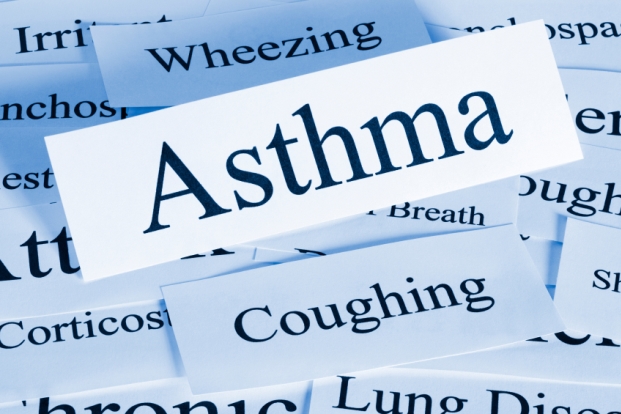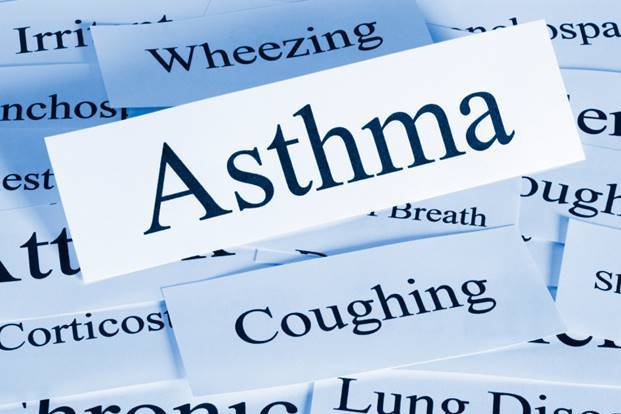Categories
- Bariatric Surgery (11)
- Black Fungus (5)
- Bone Marrow transplant (3)
- Brain Tumor Surgery Navigation Technology (20)
- Cardiac Surgery (66)
- Cardiology (97)
- Computer navigation technology for joint replacements (20)
- Covid Vaccination (17)
- Critical Care (2)
- Dental (19)
- Dermatology (31)
- Dialysis Support Group - “UTSAAH” (11)
- Dietitian (33)
- Emergency Medicine (4)
- Emotional Health (11)
- Endocrinology (33)
- ENT (20)
- Gastroenterology and GI Surgery (53)
- General and Laparoscopic Surgery (21)
- General Surgery (4)
- Gynecology & Obstetrics (183)
- Hematology (20)
- Internal Medicine (294)
- Kidney Transplant (50)
- Kidney Transplantation (20)
- Lung Cancer (8)
- Minimal Invasive Surgery (1)
- Mother & Child (20)
- mucormycosis (5)
- Nephrology (61)
- Neurology (147)
- Neurosurgery (68)
- Nutrition and Dietetics (107)
- Omicron Variant (1)
- Oncology (288)
- Ophthalmology (10)
- Orthopaedics & Joint Replacement (86)
- Paediatrics (59)
- Pediatric Nephrology (3)
- Physiotherapy (5)
- Plastic & Reconstructive Surgery (6)
- Psychiatry and Psychology (90)
- Psychologist (28)
- Pulmonology (72)
- Rheumatology (13)
- Spine Services (21)
- Transradial Angioplasty (16)
- Urology (84)
Query Form
Posted on Apr 19, 2022
How to identify Asthama Cough
Asthma is a disorder in which causes the airways of the lungs to get inflamed, causing the narrowing of the airways, resulting in a wheezing, shortness of breath, chest tightness, and coughing. While asthma is classified based on severity, at the moment there is no clear method for classifying different subgroups of asthma beyond this system.

The inflammation in the lungs causes the constriction of the airways leading to lesser inflow in the lungs. If the inflammation aggravates the same causes the narrowing to increase, thereby causing more complications. The cells in the airways might create an increased amount of mucus. Mucus is a sticky secretion that can additionally constrict the airway passage. The outcome of this chain reaction could be asthma and all the above-mentioned symptoms can occur every time the airways are swollen.
Sign and Symptoms of Asthma:
- Wheezing
- Coughing
- Chest tightness
- Shortness of breath
Factors causing Asthma:
There could be many reasons for asthma including:
- Changes in weather
- Mold
- Pollen
- Respiratory infections.
- Tobacco
- Smoking
- Animals (pet hair or dander)
- Dust
The most important causing agents responsible for Asthma can be termed as Allergens. These are any substances that the body will treat as a foreign body, triggering an immune response. These vary widely between individuals and often include animal proteins, fungi, pollen, house-dust mites and some kind of dust. The airway cells are sensitive to particular materials making an asthmatic response more likely if the child is exposed to a certain amount of an allergen.
Management and Treatment of Asthma:
There is no cure for asthma, but symptoms can be controlled with effective asthma treatment and management. This involves taking your medications as directed and learning to avoid triggers that cause your asthma symptoms. Your allergist will prescribe the best medications for your condition and provide you with specific instructions for using them.



